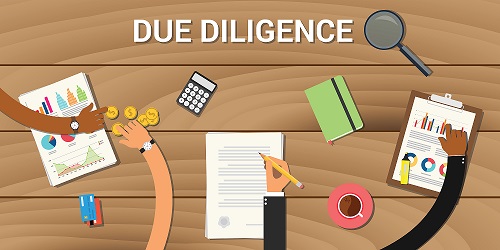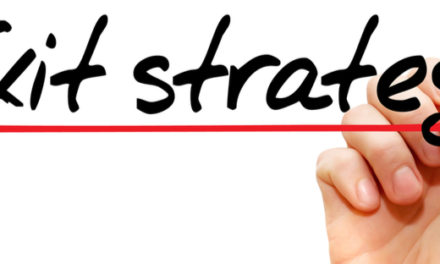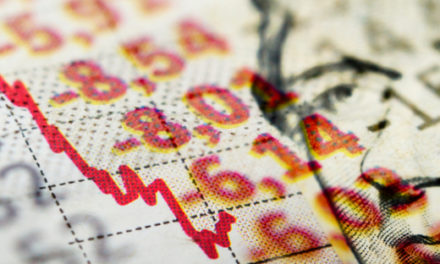
12 Questions to Ask Before Investing in an ETF
Read this post to learn about the 12 questions to ask before investing in an ETF.
To view the full article please register below:
12 Questions to Ask Before Investing in an ETF
The only thing that may be better than a good thing is more of it. And, so it seems with ETFs. Since 2005, ETF assets have grown to $4.4 trillion, with projections of reaching $7.6 trillion in the next three years.1 As an investment professional, one must learn about EFT due diligence.
Like any investment, ETFs require extensive research. Here are 12 key questions to ask before investing in any ETF:
- Is the index right for your client’s investment objective and risk tolerance? Above all, be sure that the ETF you are considering is an appropriate fit for your client’s overall portfolio.
- Does the ETF manager have the necessary experience and expertise? Your client’s assets should be entrusted to a manager that has a sound reputation and record of success.
- How is the ETF constructed? ETFs may invest in the full range of securities representing a sector or index, or some synthetic or optimization-based replication. It may be weighted by capitalization, price or fundamentals. There is no “best” approach, since the most suitable method may vary by asset class or industry sector.
- How often is the ETF rebalanced? Rebalancing can keep an ETF in line with the index, but frequent rebalancing can lead to excessive trading costs.
- How long has the index been in existence? Investors know what to expect from the S&P 500, but it’s harder to determine how a six-month-old index for frontier markets will perform.
- What are the ETF’s expenses? The lowest cost is not the sole consideration, but above-average fees will hurt returns.
- Does the ETF increase concentration risk? An investment professional should examine how concentrated the individual ETF’s portfolio is and how its holdings may overlap with other positions in the client’s portfolio.
- Does the name accurately reflect how it invests? An ETF’s holdings may be quite different from what its name may imply. Consequently, review a candidate ETF’s holdings over time.
- What are the ETF’s assets under management? Smaller funds may not provide the economies of scale necessary to sustain a low expense ratio, or offer sufficient market liquidity.
- Does the ETF lend its securities? Lending securities can create income to offset expenses, but introduces the risk that the borrower may be unable to deliver them when required. Ask about the ETF’s collateralization policy.
- How well does the ETF track the index it’s trying to mirror? Tracking error may indicate poor management or excessive trading costs.
- Is it liquid? The unique nature of ETFs’ creation and redemption process requires the investment professional to understand the liquidity of the underlying securities, as well as what the ETF does to maintain its own liquidity.
Investment professionals may want to consider their own research and due diligence checklist to systematize their ETF review process. We hope these questions are a good start.
Source:
See referenced disclosure (2) at https://blog-dev.americanportfolios.com/disclosures/












